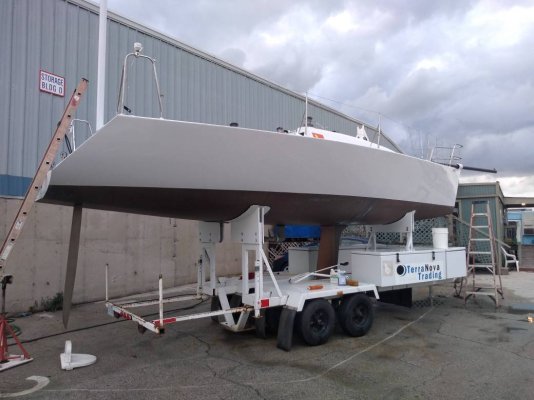I am a fan of fiberglass hulls. However several trawler makes are built out of steel or aluminum.
Can we discuss the pros and cons of both steel and aluminum hulls vis a vis a long ranger trawler-style cruiser. I have eliminated wooden hulls from purchase-contention, and nearly-eliminated steel, but would like feedback on steel and aluminum hulls. Not looking for an argument, but, rather, a bit of an education.
Thanks
Can we discuss the pros and cons of both steel and aluminum hulls vis a vis a long ranger trawler-style cruiser. I have eliminated wooden hulls from purchase-contention, and nearly-eliminated steel, but would like feedback on steel and aluminum hulls. Not looking for an argument, but, rather, a bit of an education.
Thanks

